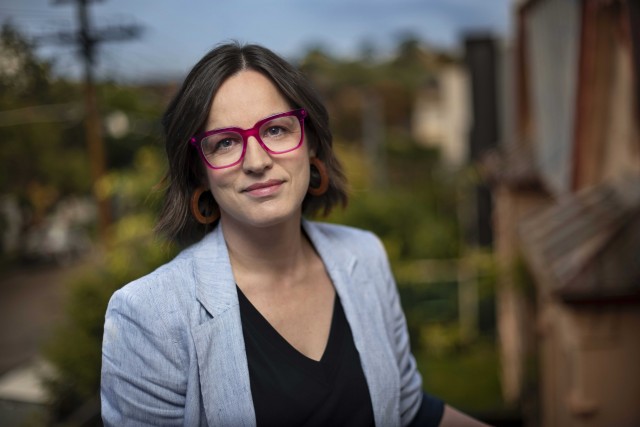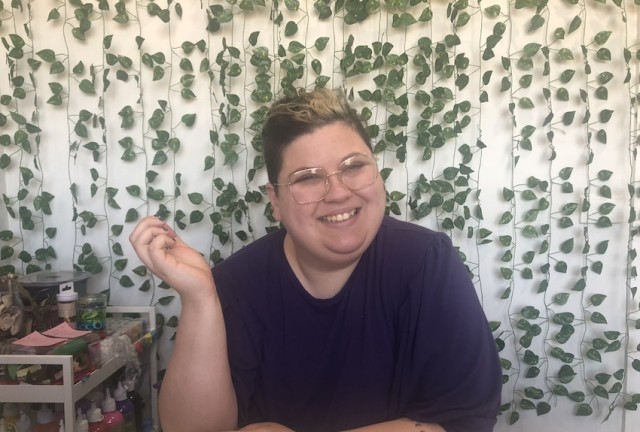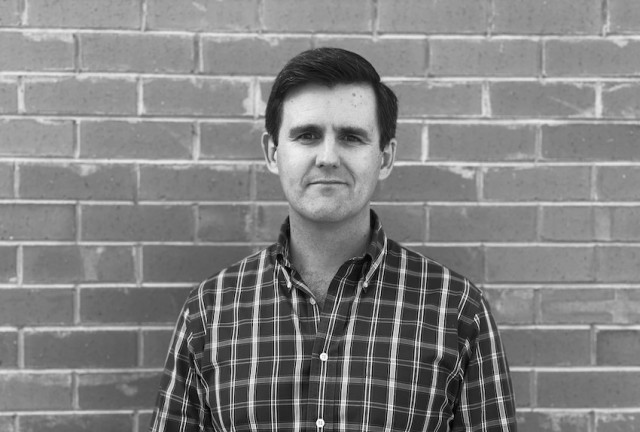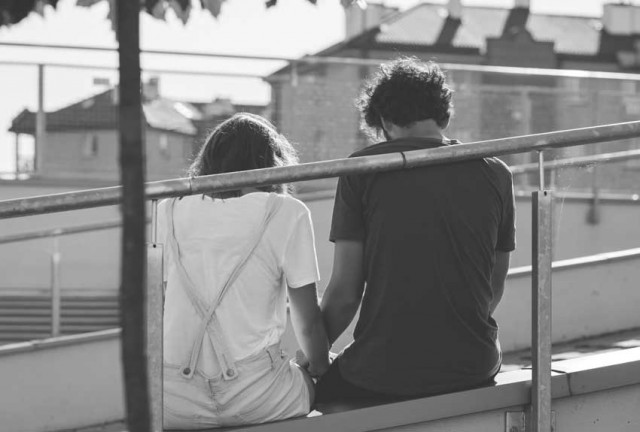A message from SANE CEO, Rachel Green
I know from personal experience that the second week in September can be tough going.
Don’t get me wrong, I love that there’s so much more awareness and that events like R U OK? and World Suicide Prevention Day have given people the knowledge and confidence to have meaningful conversations about mental health and suicide.
What I find really difficult - and I know many others who feel the same way – is how the prevailing messages shared across this week makes it seem like suicide prevention is a relatively simple, one-off thing.
For people in the complex mental health community, thoughts of suicide can be a regular occurrence. People living with long-term mental illness are significantly more likely to die by suicide than the general public. In some cases, the suicide risk is up to ten times greater.
If you ask someone living with trauma, psychosis or long-term depression if they’ve considered suicide, chances are the answer will be yes.




























